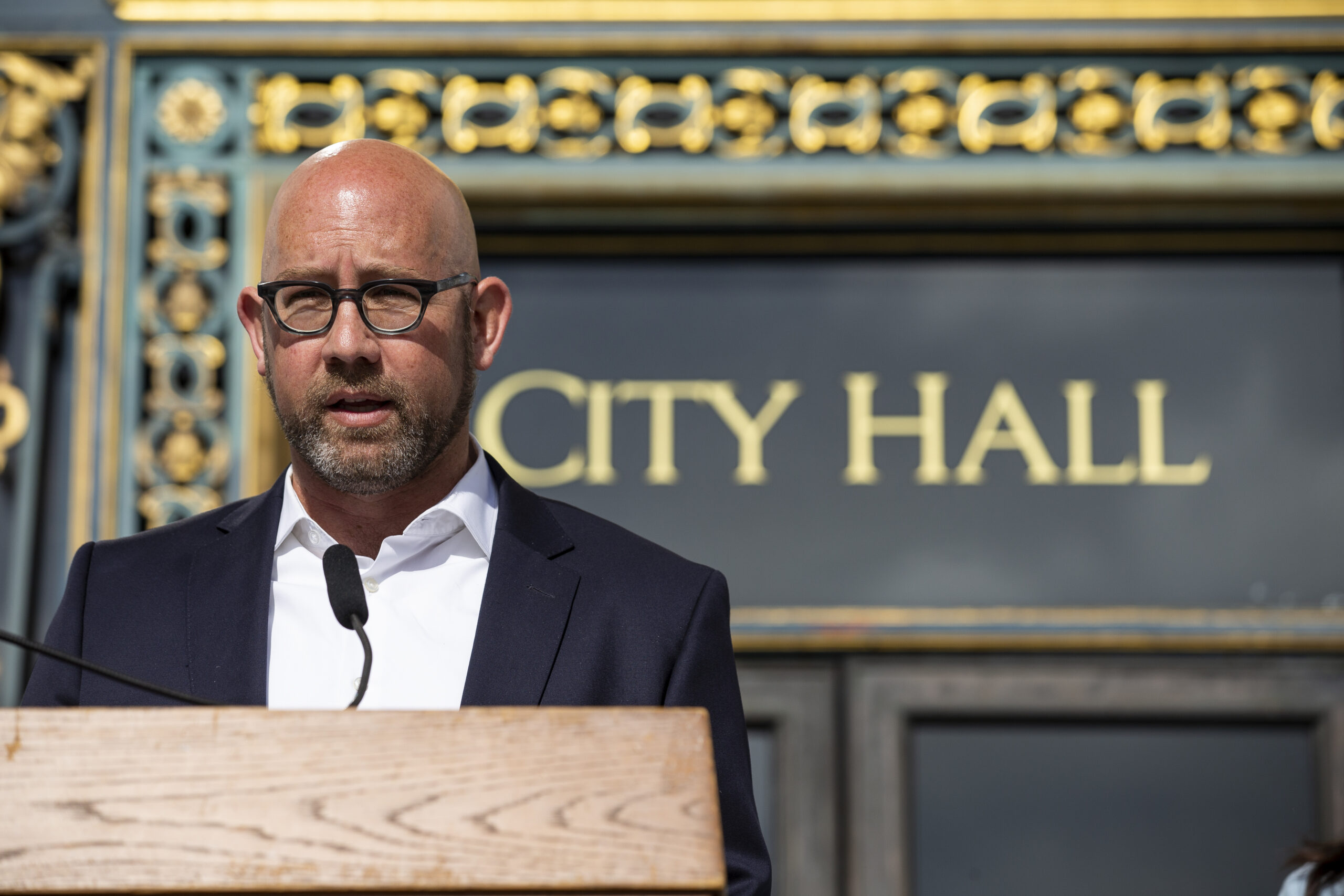San Francisco voters could decide on a slew of changes to City Hall governance in November 2024 under a reform package that would grant the mayor more power over department heads and cut the number of boards and commissions.
Under a proposed ballot measure dubbed “Effective Governance,” Supervisor Rafael Mandelman wants to change the city’s charter to allow the mayor to directly fire and hire certain department heads, eliminate the ability of the mayor and Board of Supervisors to place initiatives on the ballot and authorize a task force that would consolidate or abolish some of the city’s dizzying array of commissions, board and advisory bodies.
“These common-sense reforms will help city government act more like a unified whole rather than a collection of loosely affiliated departments,” Mandelman said in a statement.
Mandelman said that he hopes to work with his colleagues on the board to advance the proposal to voters next November, when residents will also be casting votes for mayor, Board of Supervisors, district attorney and other races.
Some of the changes Mandelman is seeking mirror findings in a report commissioned by the moderate political group TogetherSF, which proposed strengthening the mayor’s power to choose department heads, reducing the number of commissions and changing how the Board of Supervisors is elected.
Mandelman’s ballot measure would also change how commissioners are appointed: For commissions whose appointees are split between the mayor and the Board of Supervisors, the mayor would get veto power over board appointees when the board has the authority to reject mayoral appointees.
The measure would also repeal language in the charter that prohibits the mayor from hiring deputy mayors to oversee certain parts of city government. It would also expand local emergency powers to expedite contracting, procurement and hiring, with the goal of better addressing crises such as homelessness and drug overdoses.
Citing the lengthy and confusing ballots that San Francisco voters often face, Mandelman’s proposal would also eliminate the ability of the mayor and the Board of Supervisors to place initiatives on the ballot, either through the Department of Elections or board votes.
“Instead of encouraging our elected representatives to get hard things done at City Hall, the current system rewards bypassing the City Hall legislative process,” Mandelman wrote in a policy brief. “Voters would appreciate it if City Hall would do its job.”
Some of the city’s 183 different departments, officers, boards, commissions and advisory committees could also be on the chopping block.
If Mandelman’s measure is passed, a task force would evaluate those government bodies with the goal of consolidating or eliminating some of them. The number of government entities in San Francisco is so large that it took a reporter for The Standard weeks and dozens of calls, texts and emails to find the answer.
The city charter also places some restrictions on the mayor’s ability to hire and fire key officials. For example, for some departments that are overseen by a commission, the mayor must select new hires from candidates chosen by that commission.
Those checks were intended to deter cronyism and nepotism and can bring diverse candidates to the table, Mandelman noted. But giving the mayor more discretion over department heads would “clarify the chain of command and allow a Mayor to act quickly when that Mayor felt a change in leadership was needed,” he wrote.
If Mandelman’s proposal makes it to the ballot, it could be one of multiple ballot measures and elections next year that could shift the balance of power at City Hall.
Separately, political veteran Quentin Kopp—a former judge, supervisor and state senator—submitted a measure for the March 2024 ballot that would let voters citywide elect each member of the Board of Supervisors.
In November, voters will also decide whether to reelect Mayor London Breed and decide on six of 11 Board of Supervisors seats, along with state and national races.
